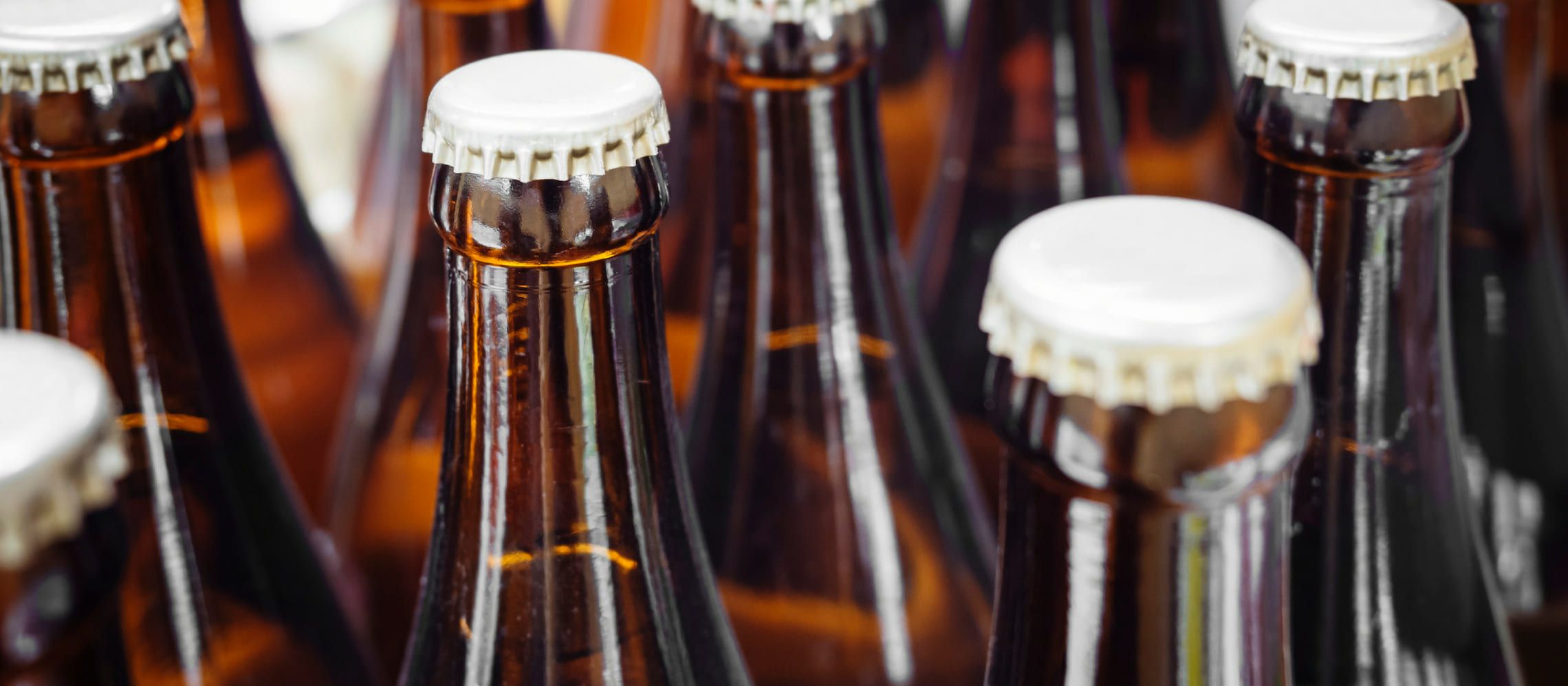Submission Deadline
28 February 2026
Judging
Date
23 March 2026
Winners Announcement
22 April 2026
28 February 2026
23 March 2026
22 April 2026

Good design has never been more important. The beer aisles and fridges at bottle shops and supermarkets around the world have become a riot of colour and imagination over the past few years, making it more important than ever to be on top of your design game.
Few people know this better than Matt Burns, the creative director of Thirst Craft, a drinks branding and packaging design company based in Glasgow, Scotland. Thirst has worked with top breweries around the world, including Fuller’s in London, Lindeman’s in Belgium, Commonwealth Brewing Company in Virginia and New Zealand’s Yeastie Boys.
Burns, who came to Glasgow from his native Australia six years ago, set up Thirst with business partner Chris Black in 2015. The company has quickly made a name for itself for the quality of its work in an arena where standards have never been so high. “Five or six years ago the shelves were really underwhelming [in the UK],” says Burns. “But for 80 percent of breweries now, the design is looking pretty sweet … the bar is very, very high”.
Matt Burns further pointed out those key considerations that helped them to make their beer brand stand out from the crowd and the competition.
“All our relationships are quite different. With Fuller’s, we immersed ourselves in the brand to find out what makes them unique and to be inspired by that.
“I knew Fuller’s from the outside, but I didn’t know the ins and outs of that brewery, so it was important to spend some time there. I spent three days with various people in the business - marketing, brewing, sales, pubs - to work out what’s going on and what the challenges are -because the end of the day, it’s about selling beer, right? It’s about creating a connection with the consumer, the drinker.
“I got to know what the sweet point would be for them. I looked at the archives, at what worked in the past. How can I strategically modernize the Fuller’s seasonal offering? We're about to do that again, to reset our strategy.”
“We’ve just worked with a new brewery, Cold Town in Edinburgh, who had nothing. All they had was this idea of them wanting to brew. We did a brand positioning workshop: we worked out where there was an opportunity in the market to position themselves. We did a naming process, then the brand story - once we had that, we got into the identity and packaging work.”
"Packaging design is a constantly moving and evolving beast, just like beer styles. When a trend develops, it opens up an opportunity somewhere else. We did a supermarket day with a brewery recently, and we visited all the supermarkets in an area on one day, to see what was happening. If you go into Tesco now and look at the craft-beer shelves, there’s a lot of noise. It’s very busy. That opens up an opportunity to do something more refined, something more simple. When a lot of the brands start doing that, then there’ll be an opportunity for noise.”
“I think that the era when you get a mate to do the packaging, or you do the labels yourself, that’s over. You only get a split second to capture someone’s imagination in a shop, to get them to pick the can up.
The packaging tells you what’s unique about that brewery. If someone is walking into that shop and they want something exciting, something different, the cans we produced for Commonwealth will appeal to them. If someone wants something more refined, more traditional, more sessionable, that takes them to a place - that’s what [our work for] Loch Lomond is going to do. It’s completely different, it’s two different stories.”
“I hope that we’re moving towards that American or Australian culture of buying a six-pack or 12-pack rather than individual bottles. From a design point of view, it opens up a whole new ball game. The Camden Town boxes, for example, look superb! You are starting to see it.
Another thing is sustainability; that is going to become more and more important. The shift to cans is good but I think in terms of packaging that will become more and more important in the next five years. I think we’re a little bit behind [on this] at Thirst, we need to be more educated. We want to bring more of a sense of sustainability to our design process. In three or five years that will be really important; it will become part of a brewery’s story, part of their mission.”
Show your beers where it matters. Get your products tasted by top buyers and experts at the London Competitions — enter now.